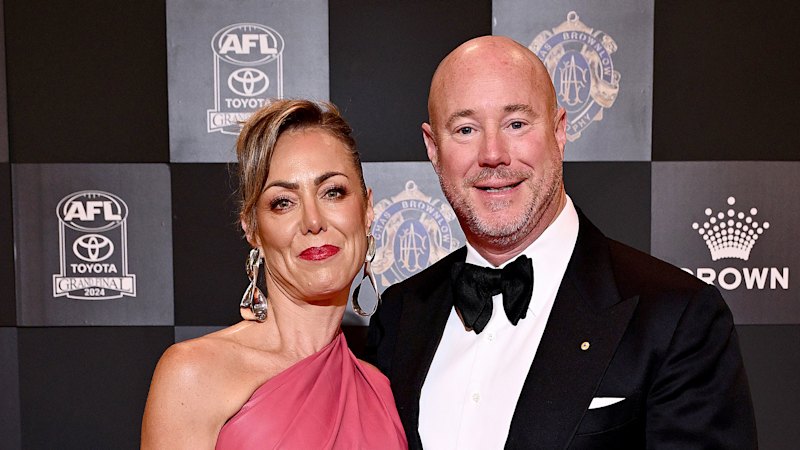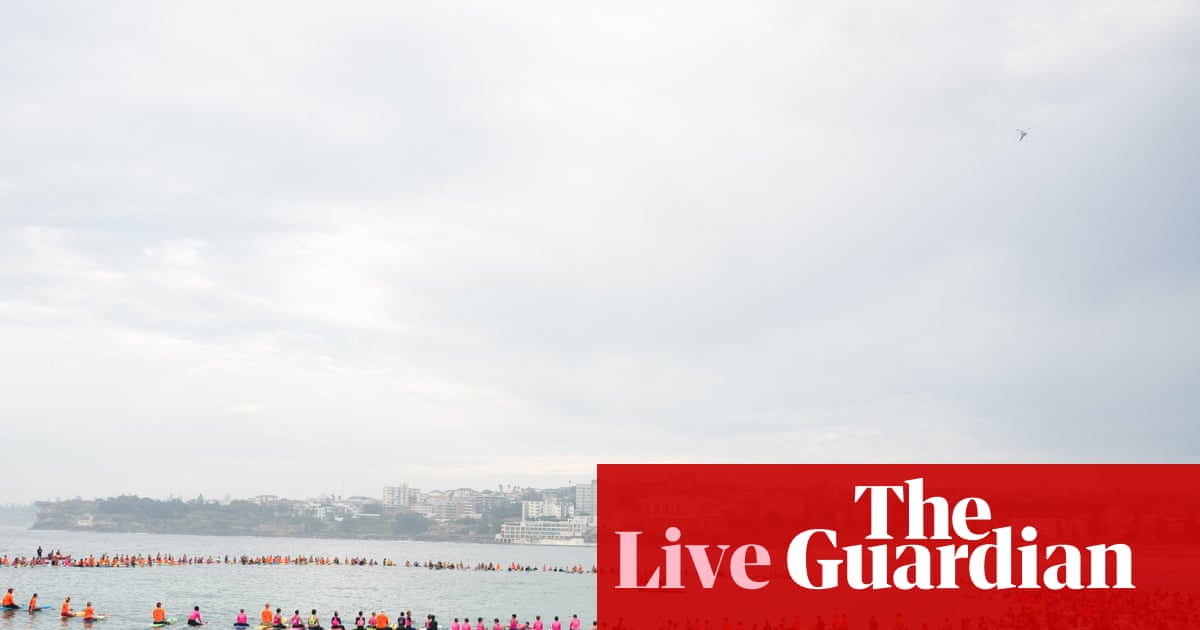
New advertisements highlighting the damaging impact of toxic fat on the body will spearhead a new campaign aimed at addressing the obesity epidemic in South Australia. This initiative follows the successful adoption of similar campaigns in other Australian states.
The hard-hitting ads, set to begin airing on free-to-air TV from Sunday, June 29, take viewers inside their own bodies to reveal the toxic build-up of visceral fat on internal organs due to obesity, particularly when caused by an unhealthy diet. These images are sourced from real footage taken during medical procedures in Australia.
The launch of the LiveLighter campaign comes as recent data from Preventive Health SA reveals that 66 percent of South Australian adults and 37.1 percent of children are overweight or living with obesity. Obesity significantly increases the risk of various diseases and health problems, including heart disease, cancer, and type 2 diabetes. Notably, South Australia has the nation’s highest rate of diabetes.
Understanding the Campaign’s Strategy
The LiveLighter campaign is a collaborative effort involving Preventive Health SA, Cancer Council SA, and the South Australian Health and Medical Research Institute (SAHMRI). The ads will be broadcast across multiple platforms, including TV, radio, billboards, and social media, with the goal of raising awareness about the impact of toxic fat and encouraging South Australians to adopt healthier eating habits and increase physical activity.
This strategy incorporates elements of the evidence-based LiveLighter public health campaign, which has been successfully implemented in Western Australia for over a decade and has also been adopted in the ACT and Victoria.
The toxic fat ads will direct South Australians to the comprehensive LiveLighter website, which offers information and tools to support healthy eating and increased physical activity, such as healthy recipes, meal planners, and workout builders.
Expert Opinions and Community Impact
Chris Picton, a leading figure in the campaign, emphasized the urgency of addressing obesity, which has surpassed smoking as the leading risk factor for preventable health conditions in South Australians. “Two-thirds of adults and more than one in three kids in SA are overweight. Unless we change this, too many kids will face reduced life expectancy and a lifetime struggling with chronic disease,” Picton stated.
Preventive Health SA Chief Executive, Marina Bowshall, highlighted the campaign’s proven effectiveness. “The results of this campaign are proven, after years running interstate. We know that people who see the ads are more aware of the serious health consequences of obesity,” she said. Bowshall hopes the campaign will ignite a conversation about obesity and inspire action in South Australia.
Christine Morris, Senior Manager Prevention at Cancer Council SA, supports initiatives promoting healthy eating and physical activity. “There is strong evidence that shows living with obesity increases the risk of 13 types of cancer, particularly bowel cancer. It’s so important to raise awareness and trigger community-wide action on tackling obesity,” Morris noted.
Professor Caroline Miller, Director of the SAHMRI Health Policy Centre, remarked on the intentional confrontational nature of the ads. “The toxic fat ads are confronting – and that’s intentional. Graphic campaigns like this have been proven to change behaviour. Just like with smoking and drink driving, we need strong, clear messages to shift public perception and spark positive action,” she explained.
Looking Ahead: Implications and Next Steps
The introduction of this campaign represents a significant step in South Australia’s efforts to combat the obesity crisis. By leveraging proven strategies and collaborating with key health organizations, the state aims to reduce the prevalence of obesity and its associated health risks.
As the campaign unfolds, its impact will be closely monitored, with hopes that it will lead to meaningful changes in public health outcomes. The success of the LiveLighter campaign in other states provides a promising outlook for South Australia’s efforts to address this pressing public health challenge.







